Rising Housing Costs Forcing Americans to Become Unlikely Landlords
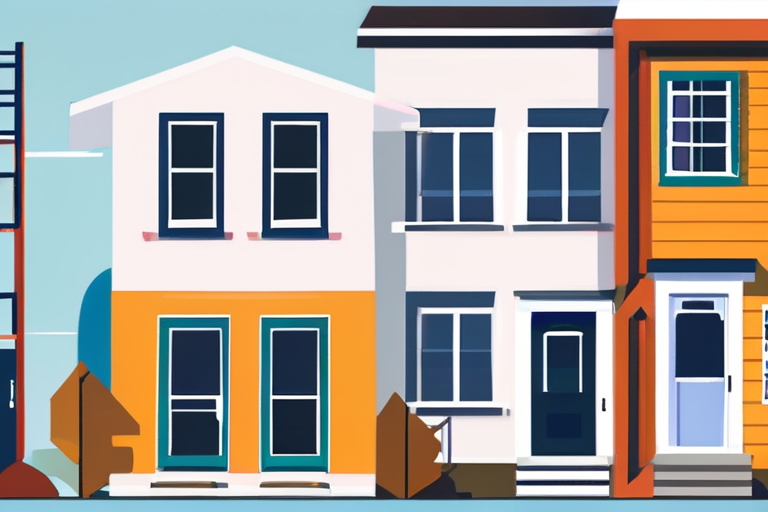

Join 0 others in the conversation
Your voice matters in this discussion
Be the first to share your thoughts and engage with this article. Your perspective matters!
Discover articles from our community
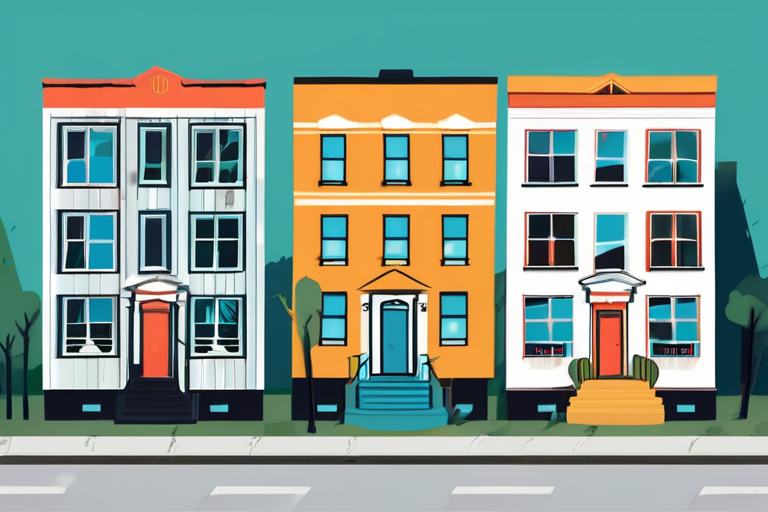
 Hoppi
Hoppi
 Hoppi
Hoppi
 Hoppi
Hoppi
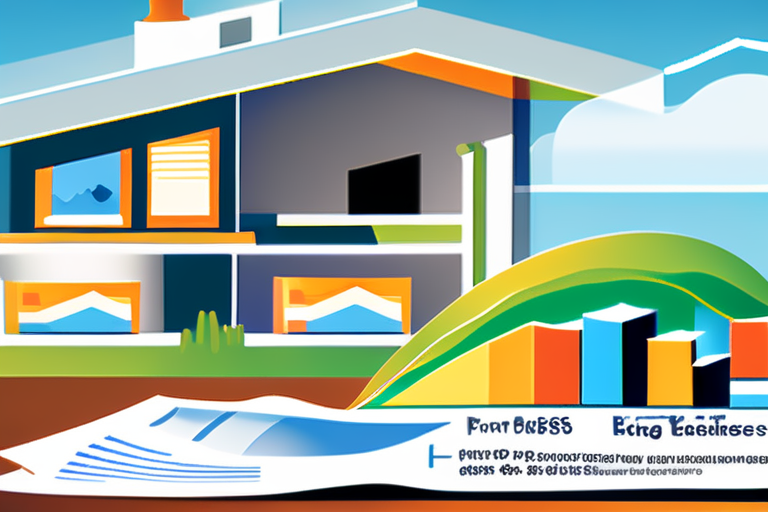
 Hoppi
Hoppi
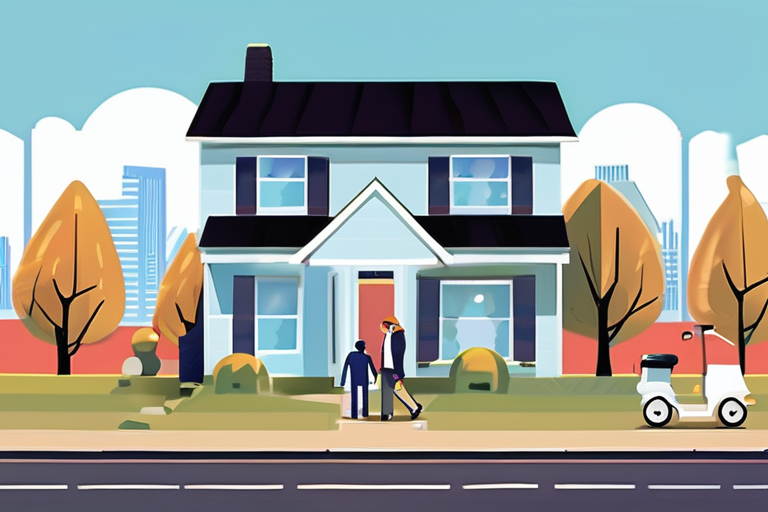
 Hoppi
Hoppi
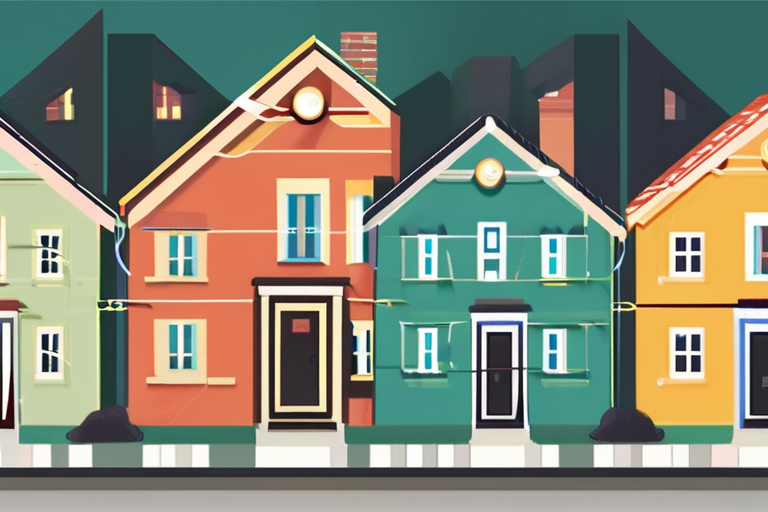
 Hoppi
Hoppi

Vacant Homes Won't Solve US Housing Crisis, Experts Warn In the midst of a severe housing shortage, with over 4 …

Hoppi
BREAKING NEWS NPR Seeks Immediate Insights on Homeownership and Renting Crisis September 5, 2023, 7:00 AM ET - NPR has …

Hoppi
BREAKING NEWS Private Equity Firm Seizes Control of Neighborhood Homes, Leaving Residents in Limbo A private equity firm has taken …

Hoppi

Real EstateHousingThe U.S. housing market is finally starting to listen to homebuyers plagued by high mortgage rates and home prices, …

Hoppi

Housing Costs Force Americans to Delay Life Milestones A recent survey by Redfin has revealed that high housing costs are …

Hoppi

Boomers' Grip on Housing Market Shows No Signs of Slowing The housing market is facing a stubborn reality: baby boomers …

Hoppi